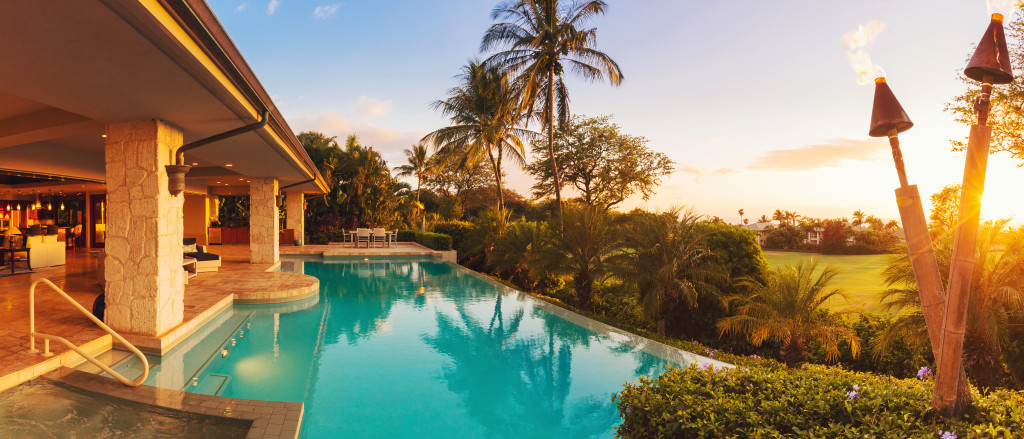Being stuck at home for months has been tough. Some people who experienced that at the height of the coronavirus pandemic now have a newfound desire to have a holiday home. That makes so much sense. After all, a holiday home can make self-quarantine more comfortable. Imagine if you have a vacation home located just a few hours away from your primary house.
You can drive there whenever you need to stay indoors for weeks or months or self-isolate after a trip abroad. And with or without a pandemic, a holiday property can be a good source of additional income if you choose to rent it out. But before building one, you need to consider a few factors.
Like most properties, holiday homes require thorough planning—from design to actual construction. But unlike your first or primary house, vacation properties are often built near the beach or at a sloping area. Such locations require planning that’s different from when you’re building a house in the city. Plus, holiday homes are often bigger than primary homes. You need to be smart in deciding what to do with those additional rooms, considering you’d want to rent the place out to others every time you don’t use it.
Before you purchase land and build a holiday home, here are several factors you need to consider:
Think of location
Like with any property, make the location a priority when looking for a lot for your holiday home. Whether it’s a coastal area or in the mountains, the ideal vacation home must be close to everything the location has to offer. That way, you and your loved ones will have a great time whenever you’re there. Plus, if you plan to put up the property for rent, those adventure and tourist spots could attract a lot of tenants.
But consider convenience, too. Imagine you want to self-quarantine there, and the grocery stores are too far from your house. How can you ensure a constant supply of necessities? Also, think about your tenants in the future. It’s better if they can easily drive to a shopping center and other amenities while staying on your property. That way, they can maximize the time they have in your home.
Consider the costs

It can be more difficult to secure a loan for a second property than it was for your first house. So get ready to pay for a higher down payment and interest rates. Sure, you can offset those payments against your rental income in the future. But keep in mind that the tourism industry hasn’t fully recovered from the impacts of the COVID-19 pandemic. So, don’t invest money that you can’t afford to lose.
Another thing to consider is the additional costs associated with the site of a holiday home. For instance, extreme weather is a unique challenge for beach or waterfront homes. You may need to spend more on materials that can withstand high winds and tolerate daily exposure to salt water and salt air. For sloping areas, see if you need to build concrete retaining walls to prevent soil from eroding.
Make sure to run the numbers and think of the challenges of building a holiday home before proceeding to the project. The mental benefits—and future rental income—of having such a gorgeous home near the ocean or in the mountains should outweigh the costs.
Study the ins and outs of holiday rentals
Depending on the situation and season, rental income can fluctuate for holiday properties. Pre-pandemic, vacation properties in coastal areas usually enjoyed strong demand during summer. But that might not be the situation today. One way to navigate such situations is to consider accepting permanent tenants most of the year.
That can cover the loss of income from the time that holiday lettings are down. The bottom line is if you know how holiday rentals work, you can have much better expectations on returns. Also, with that in mind, you can make smarter moves for your family, such as deciding to invite other friends and relatives to come with you to share the day-to-day costs of living in a holiday home.
During the holiday break or when the city shuts down, it’s nice to have a place where you can relax and get away from all the uncertainties. A holiday home can also be another source of income for you. But like any other investment, constructing a holiday property requires you to consider a lot of factors—including those that you didn’t have to deal with when you were planning and building your first house in the city.

